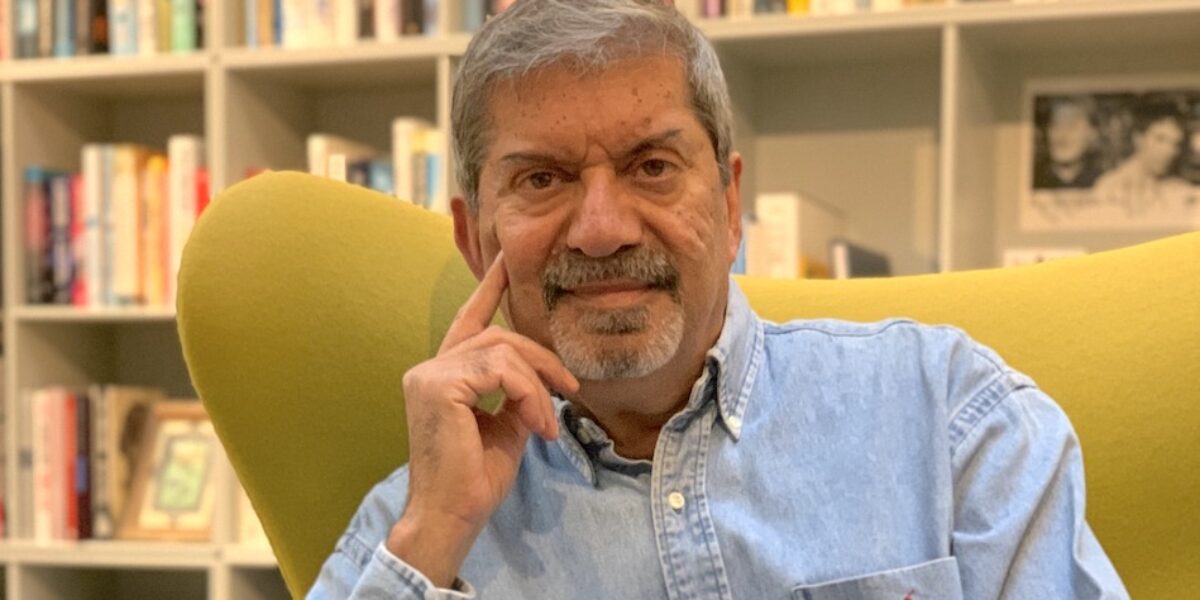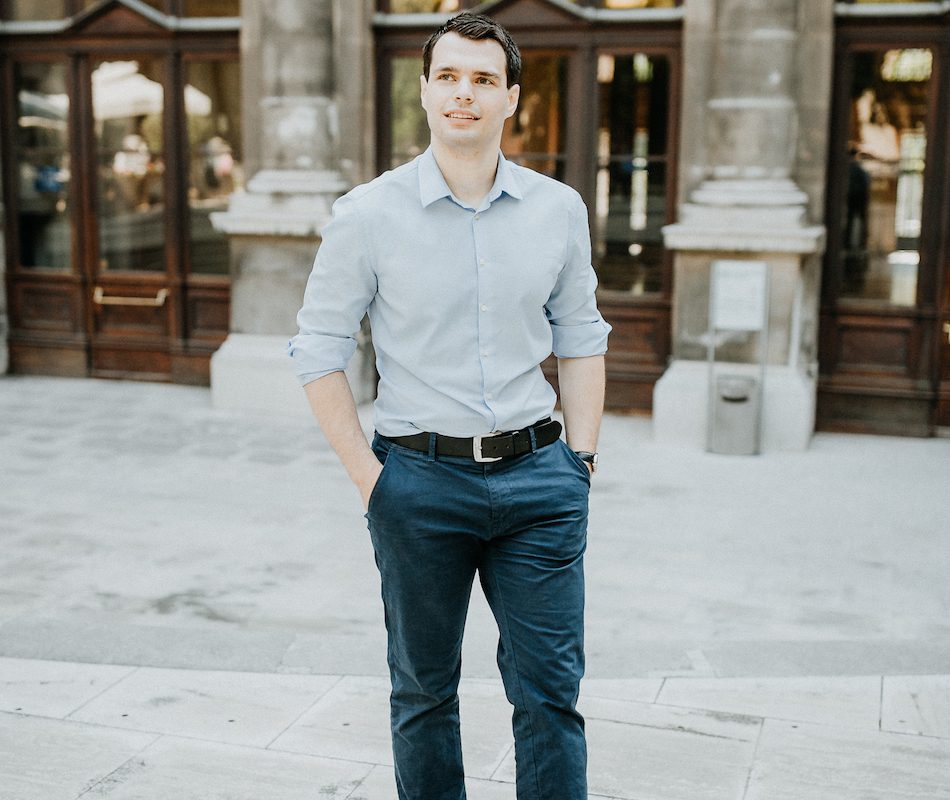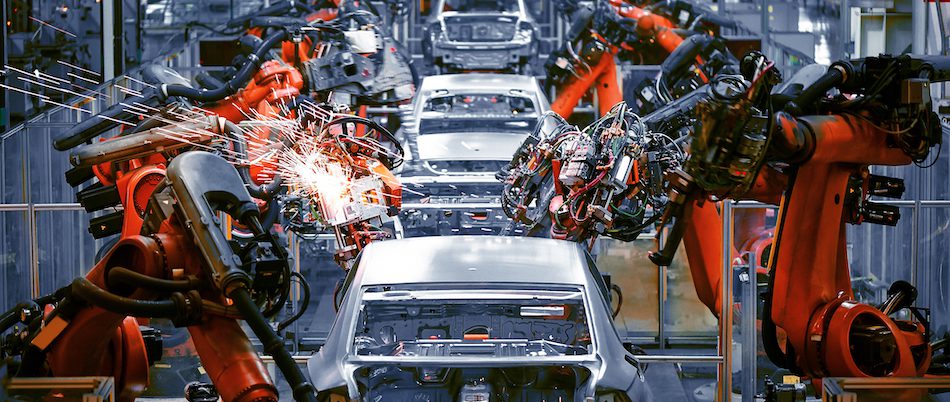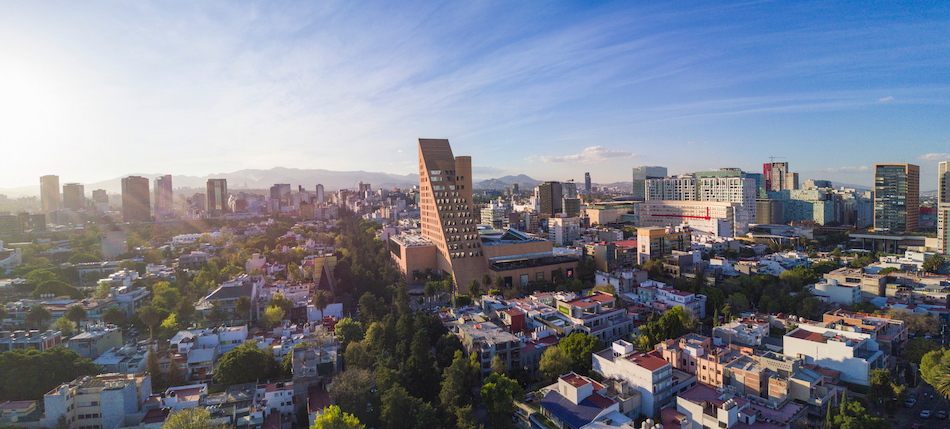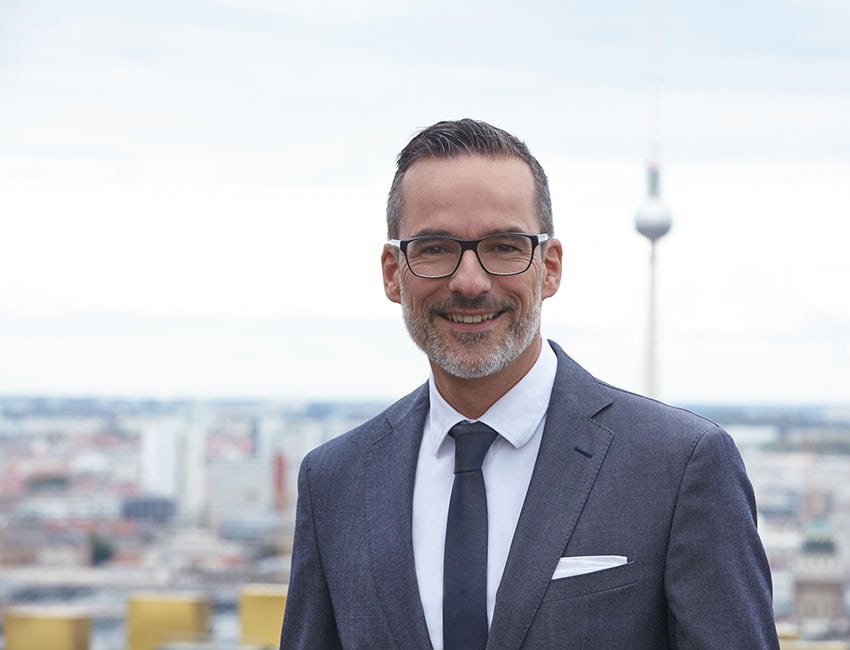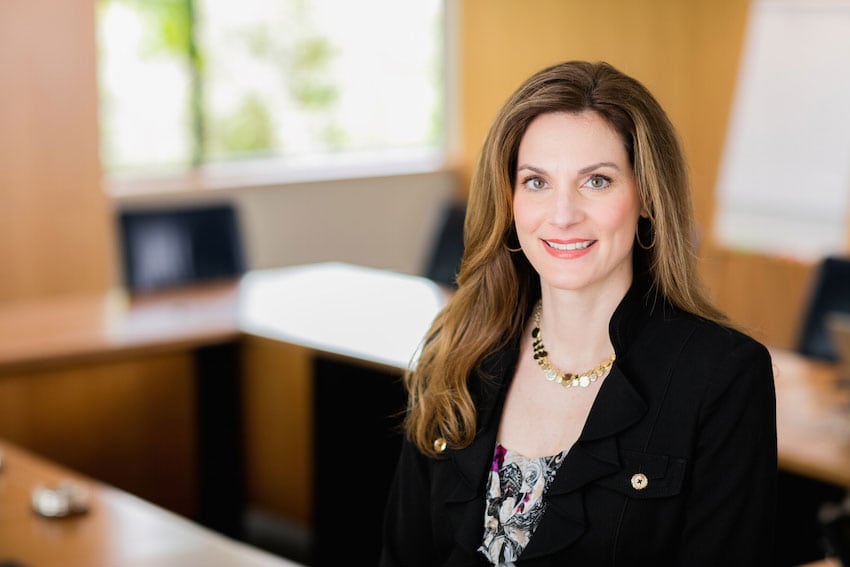Henry Martin interviews Michael Sturm, Managing Director at Invest in Mecklenburg-Vorpommern GmbH (Invest in MV) Pulls Mecklenburg-Vorpommern provides a unique added value proposition for companies who are planning to expand their business operations.
Henry Martin: Mecklenburg-Vorpommern has a very established and reputable knowledge and skills base with both a solid research base and established clusters in advanced industry sectors. How do you consider these factors to influence potential investors looking into FDI locations?
Michael Sturm: Once investors are looking for new opportunities to expand their business, they have different drivers that lead this decision-taking process. Some of these drivers are related to site advantages for instance the direct access to global markets or to research and development. Other drivers include possible chances within existing clusters. At Invest in MV, we are currently focusing our efforts on attracting more companies from the Life Sciences and Machine-building industries. These sectors have shown a lot of potential in our State due to its tradition and its strong consolidation.
The machine-building industry, with internationally competitive companies in marine equipment, shipbuilding, precision and special-purpose machinery, automotive, aerospace, and offshore wind energy industries, plays an active and crucial role in Mecklenburg-Vorpommern. Over the past several years, those enterprises have proven themselves worthy competitors in a wide range of industrial sectors. Many of them are global players –such as the Hydraulik Nord Group, Nordex AG, Mecklenburger Metallguss GmbH (MMG), and Liebherr-MCCtec GmbH, as well as Eisengießerei Torgelow GmbH.
The Malaysian Genting Group has also recognized the outstanding benefits of the State and is building its cruise ships at the shipyards of Wismar, Stralsund, and Rostock-Warnemünde. On the other hand, the Life Sciences and Healthcare industries provide a number of benefits thanks to an environment of excellent colleges, state-of-the-art university hospitals, regional research facilities and networks like BioCon Valley®. Enterprises like DOT GmbH and BIOTRONIK have acknowledged these advantages and started their business here. Furthermore, it is important to highlight that according to a nationwide comparison about the healthcare system in Germany, currently almost one in five is employed in this area, which means that most of the inhabitants of Mecklenburg-Vorpommern are working related directly or indirectly in the health sector.
Henry Martin: What do you consider to be important or critical goals for yourself and your teams in 2017 and beyond?
Michael Sturm: For our activities we have to critically analyse foreign markets – politically and economically. We are a committed team that has been working hard on attracting new investments and generating new jobs in Mecklenburg-Vorpommern. Continuously we put our State internationally in focus to be recognised as a great investment destination within Europe. Current foreign direct investments such as Ypsomed from Switzerland and MIR Holding from Turkey have recognized the potential of the region. For these reasons, we must continue to strengthen our presence in international markets like Switzerland, Austria, Turkey, UK, Russia and USA.
Henry Martin: Germany has long been known for innovation and this aspect seems to be of significant focus across the nation, especially for trade and investment. How do you see Mecklenburg-Vorpommern in relation to this agenda?
Michael Sturm: The State of Mecklenburg-Vorpommern is considered as an innovative and pioneer region thanks to projects such as the flying machine project by the Engineer Otto Lilienthal (he was the first person who successfully and repeatedly conducted glider flights) or the large-scale electric vehicle trial to test the viability of electro mobility that was carried out on the Island of Rügen. Nowadays, companies are focused on research and development, which allows them to be more innovative and competitive. We have realised that progressively more enterprises decided to establish their business near to research institutes or universities. The case of the company Weber Maschinenbau GmbH, who manufactures slicers and food robotics using production lines with state-of-the-art robotic equipment in Neubrandenburg, is a clear example of this tendency. Weber offers vocational training in eight different professions, along with various dual courses of study (cooperative education) in partnership with the University of Rostock.
Henry Martin: Locational advantage is often considered on expansion, relocations and start-up strategies. What advantages should potential investors be aware of and how might they benefit different sector investments?
Michael Sturm: Mecklenburg-Vorpommern provides a unique added value proposition for companies who are planning to expand their business operations. The high-qualified workforce potential as a result of the universities and technical institutions in the State, as well as, our strategic location allow enterprises to be established near to metropolitan areas, such as Hamburg or Berlin, at highly competitive costs. Furthermore, the availability of industrial areas together with the excellent possibilities to attend the Northern Germany, Poland and Scandinavian markets, and the possibility to obtain investment grants up to 40% makes the State of Mecklenburg-Vorpommern an attractive region – actually for all industries. Please be assured that my colleagues and I are at the investor’s disposal and assist in answering all the questions. Photo credits: Management Forum
For more information
www.mecklenburg-vorpommern.de

